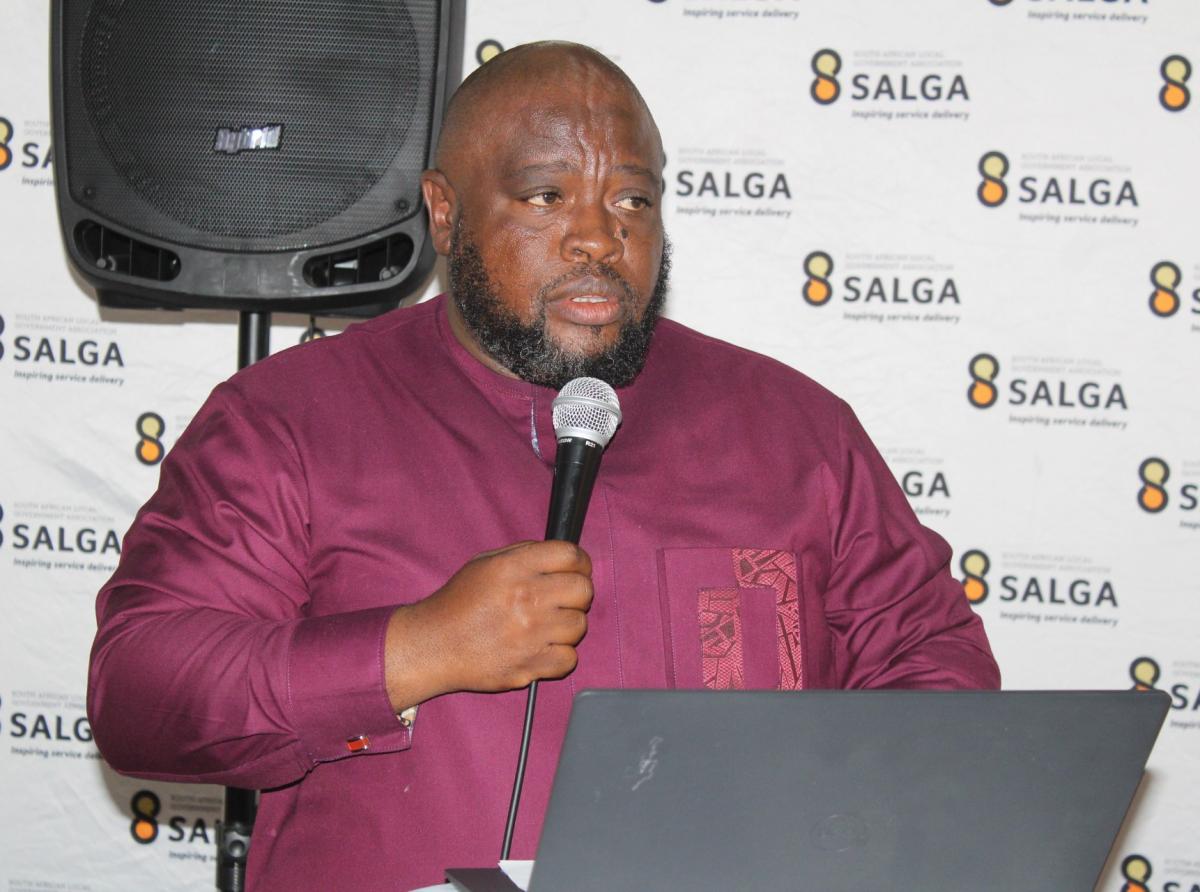
Ending months of chaos that saw two mayors, two speakers, and two municipal managers claiming office simultaneously, the council has re-elected ANC’s Morutse as mayor and the EFF’s Bogatsu as speaker
By: JN Reporter
The re-election of Molefe Morutse as mayor of the embattled Ditsobotla Local Municipality is being hailed as the start of a turnaround aimed at restoring stability, improving service delivery, and rebuilding public trust after years of dysfunction. His return follows national government intervention, led by former Free State Director-General Kopung Ralikontsane, to address deep-rooted governance failures, financial mismanagement, and service delivery breakdowns. Earlier this month, the Department of Cooperative Governance ordered the election of a new mayor and speaker within 14 days. At a Special Council sitting last week, councillors re-elected Morutse as mayor and Manana Bogatsu as Speaker. The move is intended to end months of chaos that saw two mayors, two speakers, and two municipal managers reporting for duty simultaneously. Morutse was initially elected in March with support from ANC and EFF councillors, even as Mazwi Moruri was still holding the mayoral chain. Ralikontsane, serving as the National Cabinet Repre sentative, welcomed the outcome, noting councillors’ “good cooperation” in consolidating leadership. “We called this meeting to ensure that we demobilise the two mayors and two speakers. The council support ed us in finalising that process. Having a stable council will now allow us to focus on delivering sustainable services to the people of Ditsobotla,” he said. North West Premier Lazarus Mokgosi also welcomed the election of the new mayor and speaker, describing it as a crucial step forward for the municipality. The municipality was last month placed under admin istration for the ninth time. Cooperative Governance and Traditional Affairs (COGTA) Minister Velenkosini Hlabisa confirmed the appointment of a six-member intervention team, citing the municipality’s inability to fulfill its constitutional obligations to residents. “This is the first time a team of people has come together, bringing a range of expertise. In the past, it was one person at a time. This time, it’s a team effort, and that’s what gives us confidence. It’s what led us to recommend an intervention to cabinet, rather than a dissolution, because never before has a team of experts stepped in to support the municipality,” said Hlabisa. During his visit to the region, Hlabisa stressed that no appointments or tenders will proceed without oversight from the national representative. The drastic intervention, carried out under Section 139(7) of the Constitution, comes after numerous failed attempts by provincial authorities to stabilise the municipality, which serves thousands in and around Lichtenburg. A specialised task force - including the SAPS, State Security Agency, and the National Prosecuting Authority (NPA) - will probe longstanding allegations of fraud, corruption, and misconduct. “Cases previously ignored will be reopened. If arrests are needed, they will happen,” added Hlabisa. The municipality’s senior leadership, including a mu nicipal manager accused of mismanagement, will now face investigation, with the intervention team tasked with enforcing compliance, restoring governance, and re-establishing essential services. Ditsobotla’s collapse mirrors a national crisis in ser vice delivery. According to the Auditor-General, more than 80% of South Africa’s 257 municipalities are financially distressed or plagued by poor governance.

